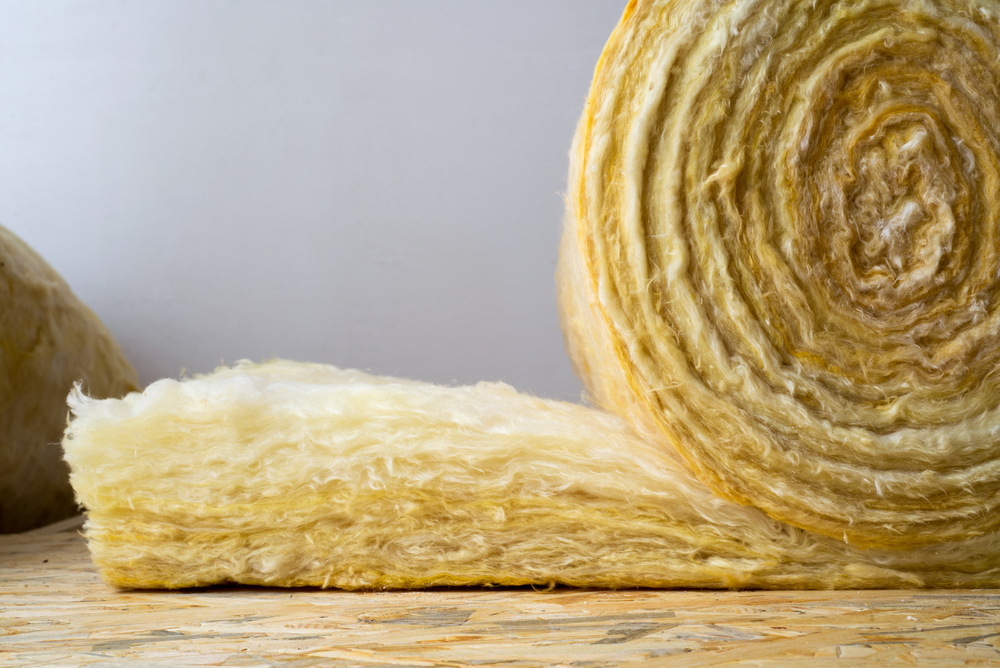
Is Mineral Wool a Good Insulator?
When it comes to insulation materials, mineral wool stands out as one of the most effective options available for thermal and acoustic insulation. This category includes Rockwool, slag wool, and glass wool, each of which is made from natural or recycled minerals. But the real question is: Is mineral wool a good insulator? In this blog, we’ll explore the insulating properties of mineral wool, its benefits, and how it compares to other insulation materials.
1. Thermal Insulation Properties
One of the primary reasons mineral wool is used in construction and industrial applications is its excellent thermal insulation properties. It is designed to reduce heat transfer between the inside and outside of a building, helping to keep spaces warm in the winter and cool in the summer.
- Thermal Resistance (R-Value): The R-value of mineral wool typically ranges between 3.0 and 4.5 per inch of thickness, depending on the specific type (Rockwool, glass wool, etc.). This means it is a highly effective barrier to heat loss, comparable to other high-quality insulation materials like fiberglass and foam board.
- Effectiveness in Various Conditions: Mineral wool works well in both hot and cold climates, ensuring optimal energy efficiency year-round. Whether you are insulating a home, a commercial building, or an industrial space, mineral wool is a solid choice for maintaining temperature stability.
2. Soundproofing Capabilities
In addition to its thermal insulation properties, mineral wool excels at soundproofing. It has the ability to absorb and reduce sound transmission between rooms or spaces, making it a popular choice for acoustic insulation in homes, offices, and commercial buildings.
- Sound Absorption: The dense, fibrous nature of mineral wool helps reduce sound reverberation, making it ideal for applications where noise control is important, such as in media rooms, theaters, or meeting rooms.
- Noise Reduction: Mineral wool is especially effective at absorbing low- to mid-frequency sounds, which is often the most troublesome type of noise. It can help reduce outside noise from entering a room, as well as limit sound transmission between walls or floors.
3. Fire Resistance
Mineral wool is a non-combustible material, meaning it doesn’t catch fire and can withstand very high temperatures. This makes it a top choice for fire-resistant insulation applications, particularly in environments that are exposed to high heat or fire hazards.
- Fireproofing Benefits: Mineral wool insulation can withstand temperatures exceeding 1,000°C (1,832°F) without compromising its integrity, making it ideal for use in fire-rated walls, ceilings, and roofs. It also helps prevent the spread of fire, making it an important safety feature in both residential and industrial buildings.
4. Moisture Resistance
Unlike some traditional insulation materials, mineral wool is resistant to moisture and water absorption. It does not support the growth of mold or mildew, which makes it a good option for areas prone to humidity or water exposure, such as basements, attics, and crawl spaces.
- Performance in Damp Environments: In comparison to fiberglass, which can lose its insulating ability if it becomes wet, mineral wool maintains its thermal efficiency even in humid conditions. This makes it ideal for wet or moisture-prone environments.
5. Durability and Longevity
Mineral wool is a highly durable and long-lasting material. It does not degrade over time, and its insulating properties remain effective for many years, making it a cost-effective solution for long-term insulation needs.
- Long-Term Performance: Whether exposed to extreme heat, cold, or moisture, mineral wool maintains its structural integrity and insulation effectiveness. Unlike some materials that may settle, compress, or lose their insulating properties over time, mineral wool stays reliable for decades.
6. Environmental Impact
Mineral wool is often seen as an environmentally friendly insulation option because it can be made from recycled materials like slag (a byproduct of steel production) or recycled glass. Additionally, Rockwool, a major manufacturer of mineral wool products, has taken steps to make their production processes more sustainable.
- Recyclability: While mineral wool is not as widely recyclable as other materials like fiberglass, it is still a greener option than some alternatives, especially when using recycled components in its production.
7. Is Mineral Wool a Good Insulator Compared to Other Materials?
When compared to other popular insulation materials like fiberglass, spray foam, and foam boards, mineral wool holds its own as a highly effective insulator.
- Compared to Fiberglass: While fiberglass insulation is often cheaper and easier to handle, mineral wool has superior fire resistance, better soundproofing capabilities, and improved moisture resistance. However, mineral wool tends to be denser and more difficult to work with during installation.
- Compared to Spray Foam: Spray foam insulation has a higher R-value per inch and is easier to apply in irregular spaces. However, it is more expensive than mineral wool. Additionally, mineral wool has better soundproofing properties and is non-toxic compared to some spray foam options.
- Compared to Foam Boards: Mineral wool offers similar thermal performance to foam boards but is generally better at soundproofing and fire resistance. Foam boards, however, may be more suitable for certain applications that require a lightweight, moisture-resistant material.
Conclusion: Is Mineral Wool a Good Insulator?
In summary, mineral wool is an excellent insulator. It offers superior thermal and acoustic insulation, fire resistance, and moisture resistance, making it ideal for a wide range of residential, commercial, and industrial applications. While it may be more expensive and harder to install than other insulation options, its long-term benefits in terms of energy efficiency, safety, and performance often outweigh these drawbacks.
Whether you’re insulating your home, office, or a high-performance building, mineral wool should definitely be considered as part of your insulation strategy.
Ready to upgrade your insulation? Contact us today to learn more about the best mineral wool insulation solutions for your needs!